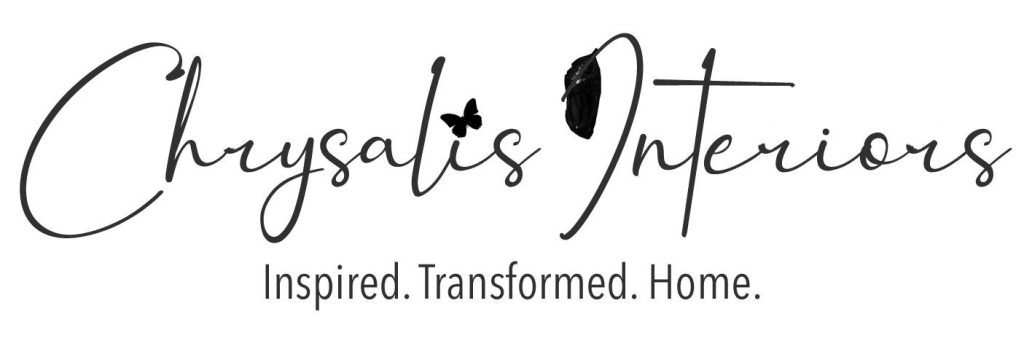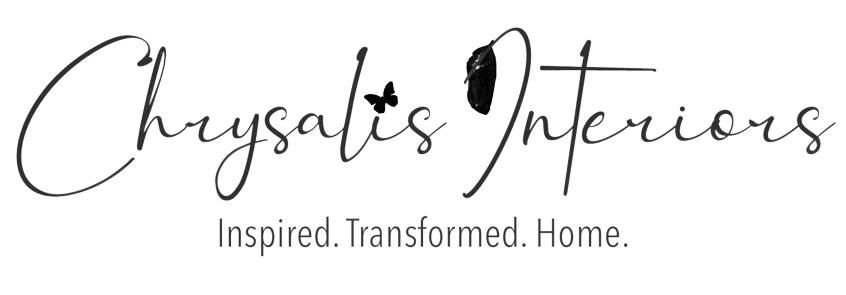While working with adults, you will likely come across a wide variety of issues. From anxiety to PTSD, to grief to substance use, therapy with adults covers a broad range. Nutrition Guide For Addiction Recovery But there are some issues that are universal. Many adults struggle with things like unresolved loss, life transitions, identity development, and conflict in relationships.
Group drawing in a circle art therapy ideas. Discuss the idea of the future drawing in the group. The picture must be drawn, alternately passing the task to the next participant.
The Efficacy of Art Therapy Activities with Adults
The process works by engaging individuals in creative activities like painting or drawing while working on their mental health issues at the same time. Art and music therapy can help in addiction recovery by providing an alternative outlet for emotions that may have led to drug use. Creative expression through art https://g-markets.net/sober-living/oxford-house-recovery-homes-characteristics-and/ and music can help individuals to process their emotions, reduce stress and anxiety, and promote a positive mindset. It doesn’t matter if you glue the toothpicks to a cardboard base or attach a skein of thread to a pencil. The purpose of the exercise is to free yourself from control over the drawing process.

The next day, our artists were randomly assigned the poems to inspire drawings and paintings. At the arts center, we do a variety of activities in visual art, music, and writing. I would like to share a few of our art and writing projects.
Read other articles by their category
In this way, it is convenient to draw sunrises and sunsets, as well as the coloring of animals. This exercise develops imagination, relieve emotional stress. For the color splashing technique, use a comb, brush, or toothbrush.
- In a hospital setting, studies have found that clinical outcomes improve more in patients who participate in art therapy than in those who do not.
- After a few minutes, end the exercise and allow everyone to share their experience.
- This experience helps awaken and heal emotional wounds that are often buried deep within the psyche of the individual.
The sense of accomplishment and camaraderie fostered through these experiences can boost self-esteem and motivation in people in recovery. Participating in group physical fitness and outdoor adventures can play a significant role in relapse prevention. These activities promote physical health and enhance mental well-being. Moreover, they can aid in addressing co-occurring disorders, or mental disorders that occur along with addiction, providing participants with valuable coping strategies. Group mindfulness practices and relaxation techniques, such as yoga or tai chi, significantly benefit people in all stages of recovery, offering a form of self-care. By participating in group therapies and activities in residential, intensive outpatient, or aftercare settings, people can find essential support for their recovery journey.
creativetherapyideas
Then, we will explore the unique benefits that art and music therapy can provide, backed up by research studies and expert opinions. Communicating through art has several benefits for individuals in recovery. When you take part in art therapy, you can reduce stress and express your emotions positively and safely. If you have a hard time quieting your mind or thoughts of your substance abuse, art can help you slow down the world and make you feel present. Watercolor, in general, creates soft, beautiful pieces of color that evoke all sorts of emotions. This art form is often used to relieve stress and relax the mind, making it a great tool for addiction recovery.
- The creative and artistic processes allow us to merge our emotional and our logical parts into one identity.
- If you or a loved one is interested in group activities for adults in recovery, we can help guide you!
- You may also want to include printed images, mixed media supplies, and found objects, depending on your client’s preferences.
- But there are some issues that are universal.
- The journey toward sobriety can be a long and challenging one, but art and music therapy have emerged as invaluable tools for supporting lasting recovery.
The exercise sets you up for reflection, develops imagination and ingenuity. Apply paint to a sheet of paper with plenty of water. At the very end of the work, blow color spots through a thin tube, forming droplets, splashes, and color mixing. This exercise hones hand coordination, helps to overcome stress. On the prepared stencils, draw the emotions of those masks that you usually wear. This exercise helps you develop empathy skills, listen to yourself, tell your story on behalf of each mask.

